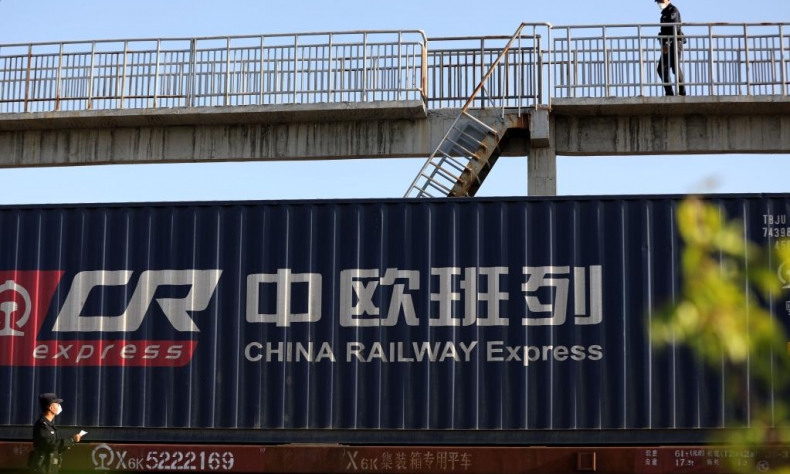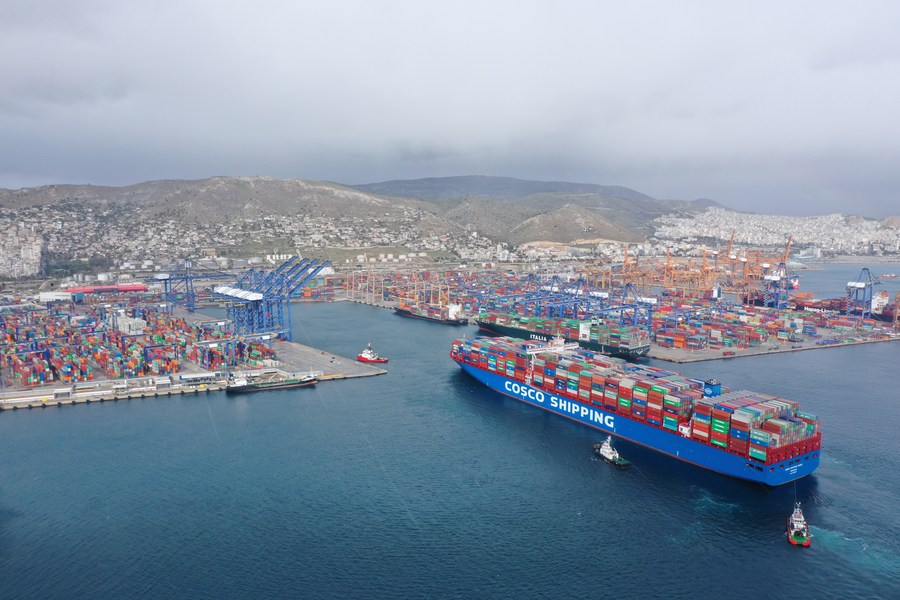China and the EU: What to Expect in 2023

As 2023 gets into full swing, both China and the EU seem determined to seize the opportunities at hand.
The world is changing. Peace and stability are no longer taken for granted. Three years after the outbreak of the COVID-19 pandemic, unprecedented challenges do not always lead to joint action and it is here where the role of the China-European Union relationship becomes crucial. Both sides value the world’s multilateral character and are determined in their pursuit of synergies to secure a minimum level of cooperation.
In late February, Wang Yi, Director of the Office of the Foreign Affairs Commission of the Communist Party of China Central Committee, paid an official visit to four European countries. He first traveled to Germany, where he spoke at the Munich Security Conference; he then went to France, Italy and Hungary. One of the purposes of Wang’s short tour was to contribute to the ongoing efforts to warm up ties between China and the EU. Chinese Vice Premier Sun Chunlan visited Greece in the same period, for that same reason.
It wasn’t all smooth sailing for China-EU relations during the COVID-19 pandemic as the replacement of physical meetings with video conferences created a barrier to regular cooperation and the business-as-usual approach. Nonetheless, China and the EU were able to achieve some progress. It was during the pandemic, for instance, when they decided to launch special dialogue rounds on climate change and digital affairs. It was also during the pandemic when they reached a deal on geographical indications. Plus, trade is continuously going up. According to Eurostat, the statistical office of the European Union, total China-EU trade volume reached 856.3 billion euro ($911 billion) in 2022, a year-on-year increase of 22.8 percent.
But China and the EU do disagree on several topics, the different interpretations of human rights constituting one such example. The nature of their disagreements is not new, however. The different ideologies and governance models of China and the EU countries have been well-known features in their conversations for decades. What matters is to, in spite of these well-known issues, seek common ground—especially against today’s backdrop of global trials and tribulations.

Of course, the most significant setback of the last three years was the non-ratification of the Comprehensive Agreement on Investments (CAI), the investment deal between China and the EU proposed in 2013 that would see the former significantly open up its internal market to EU companies. The Chinese and the European leadership announced the CAI’s conclusion in December 2020, but different interpretations of human rights overshadowed economic cooperation in the phase after. Whether the ongoing warming up of China-EU relations will have an impact on the accord’s ratification process remains to be seen.
Irrespective of the CAI, China and Europe are striving to find a way forward. President of the European Council Charles Michel traveled to Beijing last November to engage in a candid, in-depth, and face-to-face dialogue with China’s leadership. German Chancellor Olaf Scholz also made his first journey to the Chinese capital after the pandemic. In the following months, Michel and President of the European Commission Ursula von der Leyen are expected to go to Beijing. The same applies to French President Emmanuel Macron and Italian Prime Minister Giorgia Meloni.
The more both sides communicate, the better; even if the conversations at times are complicated and tough. The conflict in Ukraine further muddles matters, although both China and the EU support peace as a matter of principle. The Chinese Government recently laid out a 12-point peace plan to end the conflict, which the EU is currently analyzing. While Beijing and Brussels in this conflict do not share identical positions, several European statements have emphasized China’s importance on the international stage.
This year will be a different one for China and the EU. The relaunching of face-to-face meetings will bring the partnership some political stability. Additionally, the resumption of people-to-people exchanges has the potential to mitigate the damage misunderstandings caused during the pandemic. As 2023 gets into full swing, both China and the EU seem determined to seize the opportunities at hand.
The author is EU-China Program director at the Centre International de Formation Européenne.
 Facebook
Facebook
 Twitter
Twitter
 Linkedin
Linkedin
 Google +
Google +










